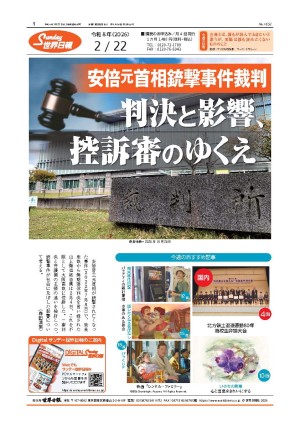The threat of fall of Baghdad evokes Saigon 1975 1975年のサイゴンを想起させるバグダッド陥落の脅威
The threat of fall of Baghdad evokes Saigon 1975
It’s something like Vietnam, all over again. As the rebels of the Islamic State of Iraq and Syria – usually shortened to ISIS – close in on the Iraqi capital, the parallels to the fall of Saigon are hard to miss.
...【全文を読む】







